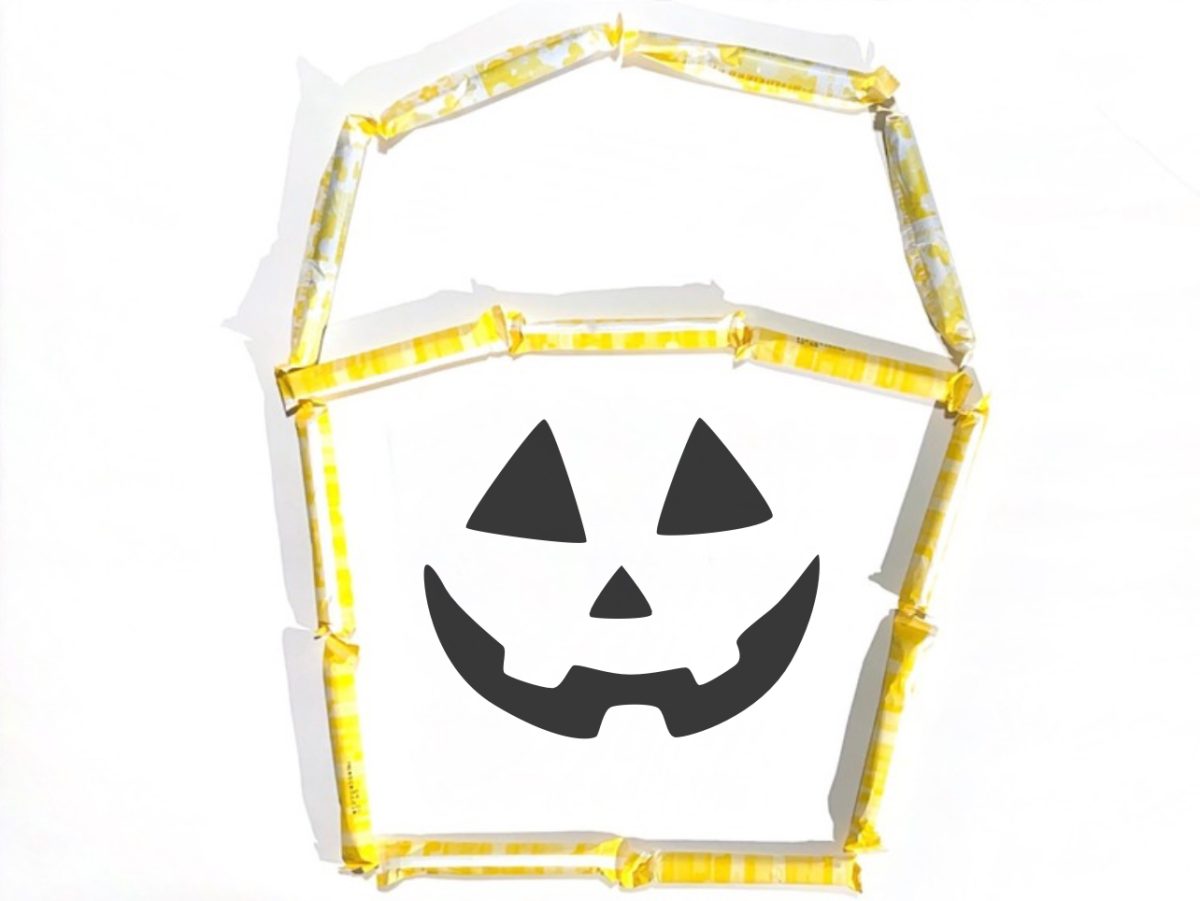Grey’s Anatomy opened my eyes to what I really wanted to be in life: a surgeon. But then again, Brooklyn 99 quickly convinced me to become a detective. Although, The Office makes an office job look really exciting. Maybe I could become a surgeon detective who works part-time at a paper company while balancing 6 different romantic relationships all while being the funniest person in the room almost all the time, except for my 10 minutes of career hardships. I think I’ll do that.
From cultural norms to values and behaviors, TV shows play a big role in the entertainment industry of today. However, they can set up misleading expectations of fictional scenarios occurring in real life. And as all of our parents have reminded us, don’t believe everything you see on TV. Considering this, careers are frequently misrepresented on television. By romanticizing careers, we highlight their positives but overlook a significant portion of the negatives. While the romanticization of careers on TV shows can bring about some positive effects on viewers, the effects are mostly negative.
It’s obvious that the media plays some part in shaping who we are or how we think as people, but it might not be as clear how large of an effect the media has on our career choices. An article by the National Library of Medicine found that 58% of U.S. workers ascribed their career choice to a book, TV show, movie, or additional media. This media can inspire people to pursue careers they might have been on the fence about, or open the possibilities of a career field, one episode at a time.
While TV shows can inspire career choices, they don’t show the reality of these jobs. The downsides, the hardships, and the dull parts of the day aren’t shown to viewers, or if they are, they’re shown in small snippets or in overly exaggerated ways. This can mislead people into choosing a career path solely for the benefits, without looking at the possible negatives of that job. The humor and the action are shown in full glory, while the filing of paperwork, calling customers, and cleaning up messes are left out. It’s unrealistic and doesn’t present jobs as they should be.
Another downside of this romanticization is that they rarely show the amount of effort needed to get these careers. Take Tim Bradford from The Rookie, for example; he didn’t become a training officer after picking up a badge. Janine Teagues from Abbott Elementary didn’t become a teacher after writing on a chalk board. It takes painstaking time and effort to reach these careers that are so often inaccurately portrayed on the big screen. Entering rigorous programs, spending summers working, taking years of your life out for college, and so much more is left out of these shows, leaving viewers to mistakenly believe that a job will be a perfect fit because it looks good on TV.
I’ve had my fair share of career choices because of TV, and they seem to change every time I start a new show. Right now, I’m into the real estate business thanks to Phil Dunphy from Modern Family, but that will most likely change again, and again, and again; and that’s okay. Whether I’m inspired by a TV show or not, or I change my career path, as long as I try to take a step forward, I know that everything will work itself out.



